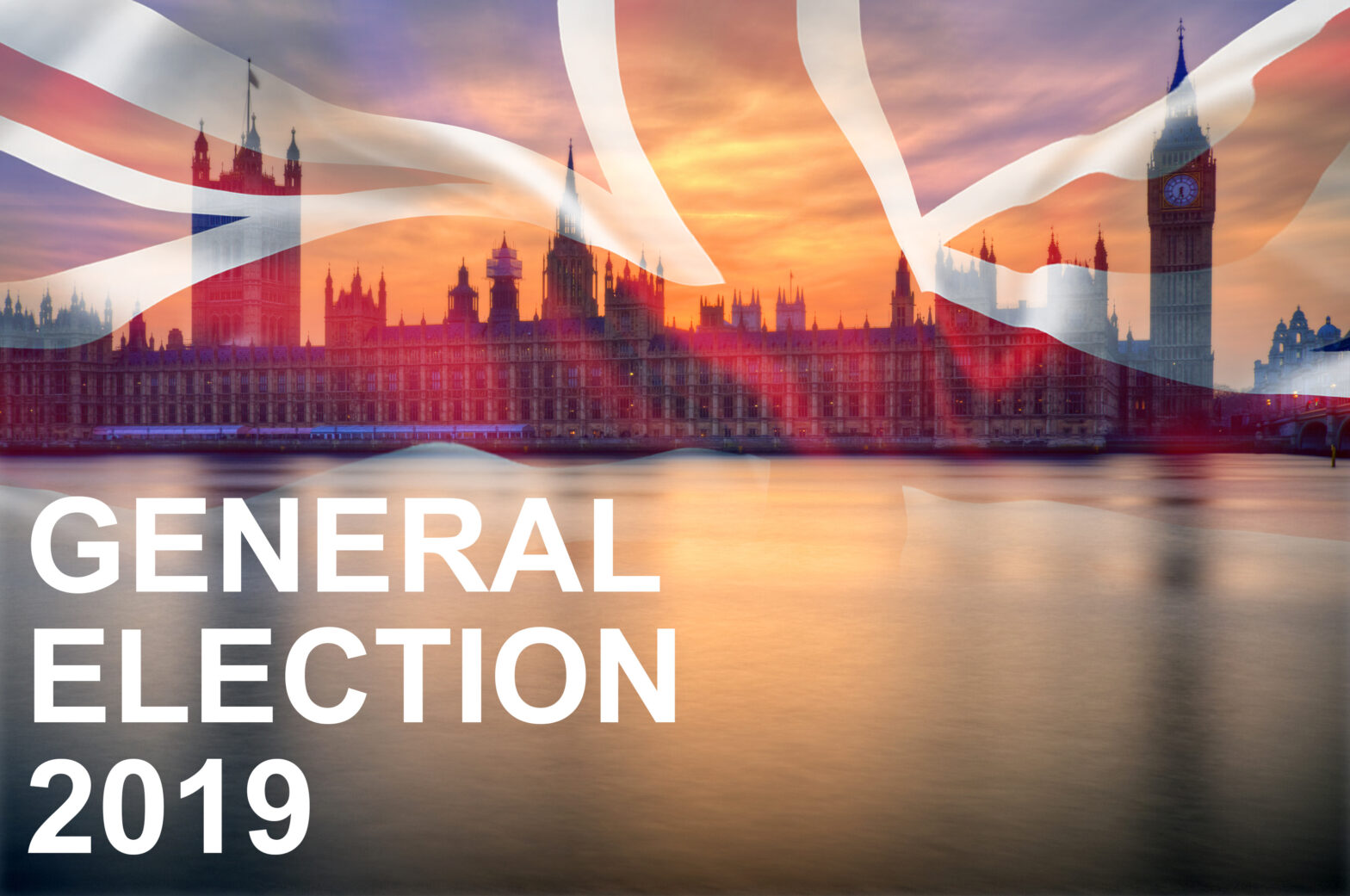Company directors have overwhelmingly rejected Labour’s plans to nationalise utilities such as water, electricity supply and especially broadband if it wins the general election.
If it wins the power, Labour will nationalise broadband and deliver it to 18m business premises, which it says will boost the UK’s productivity by £59bn.
However, nearly two-thirds of company directors believe nationalising broadband will be “very negative” in terms of reliability, cost and investment outcomes.
What impact will Labour's nationalisation of public utilities have?
| Very positive | Slightly positive | Neither positive nor negative | Slightly negative | Very negative | Don't know | |
|---|---|---|---|---|---|---|
| Broadband | 8% | 8% | 7% | 13% | 63% | 2% |
| Royal Mail | 6% | 11% | 16% | 20% | 44% | 2% |
| Train operators | 12% | 15% | 11% | 19% | 42% | 2% |
| Water companies | 10% | 15% | 15% | 17% | 41% | 2% |
| National Grid | 10% | 15% | 15% | 16% | 41% | 3% |
Edwin Morgan, director of policy at the IoD, said: “Business leaders are as frustrated by anyone by slow broadband and cancelled trains, but taking whole sectors under state control would consume huge amounts of government time and effort while offering no guarantee of improvements.”
General election
Over a thousand members of the Institute of Directors members polled also poured cold water on Labour’s general election manifesto pledge to be spending an additional £98bn a year on day-to-day expenditure (compared to the Conservatives spending an extra £2.9bn a year).
However, nearly half (49 per cent) of IoD members agreed that government spending should increase slightly over the next parliament.
Morgan said: “Of the three-quarters of directors who want to see a spending increase, most want this to be slight rather than significant, so the next government will still have to focus on value for money.”
And, despite being so negative on Labour’s broadband nationalisation plan, investing in broadband was seen as the top priority for the next government. Three fifths of IoD members say that broadband network as the key infrastructure priority, followed by roads (54 per cent) and renewable energy (53 per cent).
>See also: Getting broadband right for your business
Morgan added: “Companies have been calling out for infrastructure improvements across the country for a long time, and they will be pleased that this is one area where all the parties appear to agree on the need to raise our game. Broadband, upgrades to transport networks and renewable energy generation are all backed by the majority of our members.”
Further reading on General Election
General Election 2019: what the parties say about small business






